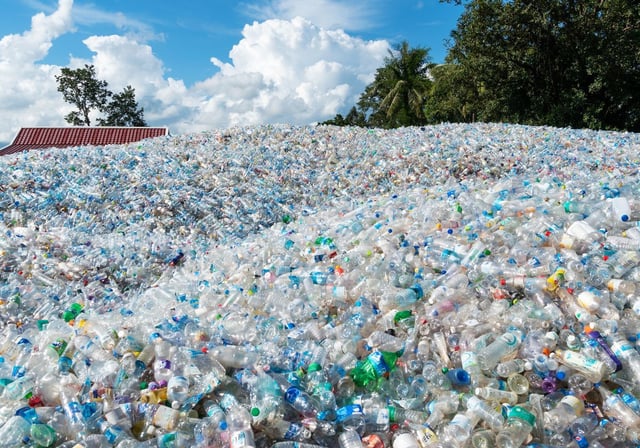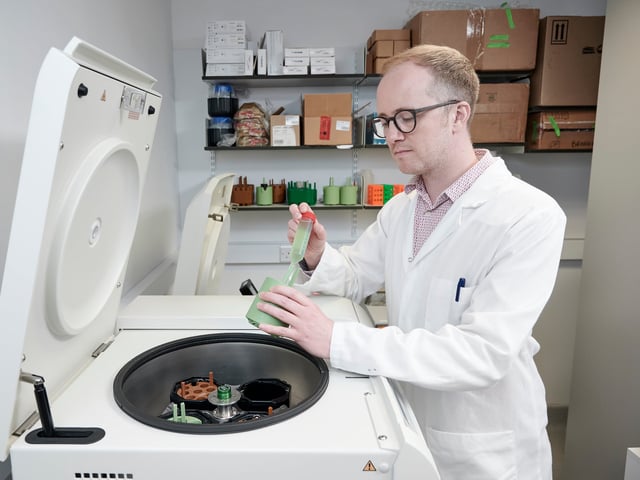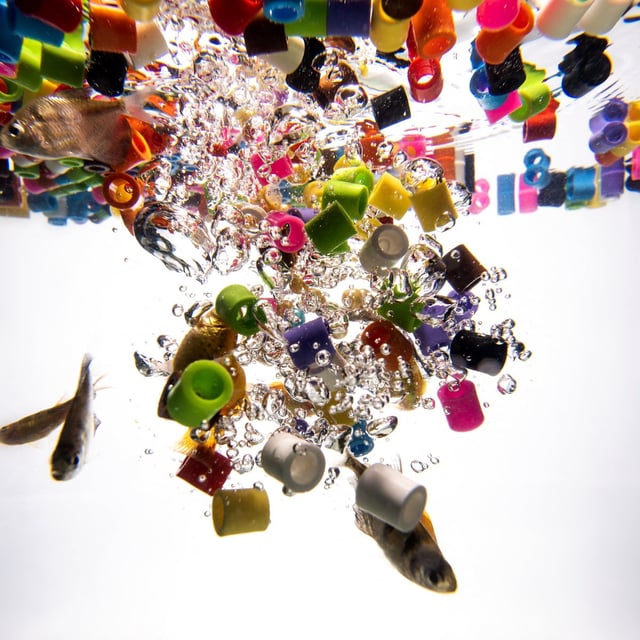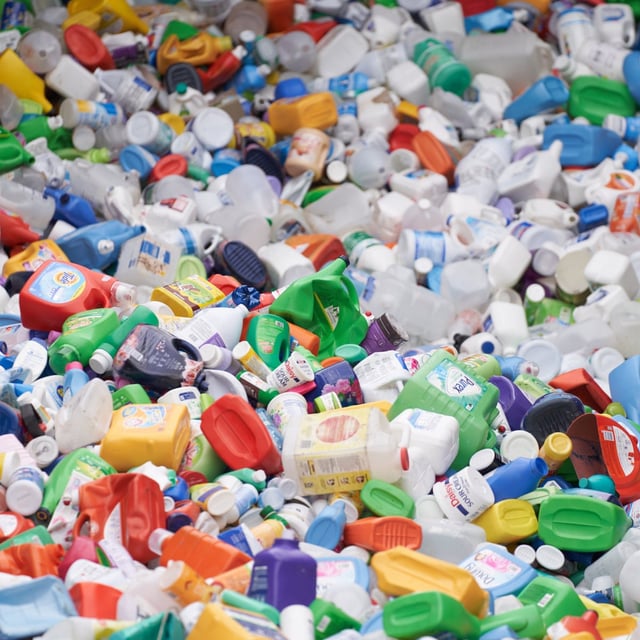Overview
- Researchers engineered E. coli to perform an intracellular Lossen rearrangement that converts PET-derived terephthalic acid into para-aminobenzoic acid before transforming it into paracetamol.
- The lab-scale fermentation operates at room temperature and uses phosphate catalysis to achieve paracetamol yields up to 92% in under 24 hours.
- By using plastic waste instead of fossil fuels, the process produces virtually no carbon emissions and requires no harsh chemicals.
- The findings were published June 23 in Nature Chemistry and were funded by AstraZeneca and supported by Edinburgh Innovations.
- Scientists say the method is not yet ready for commercial use and needs further scaling and optimization to become a viable production route.



